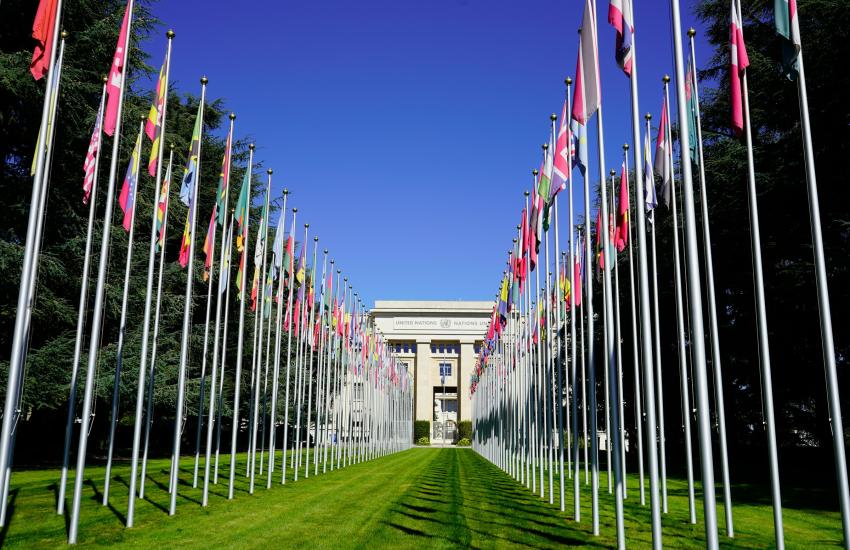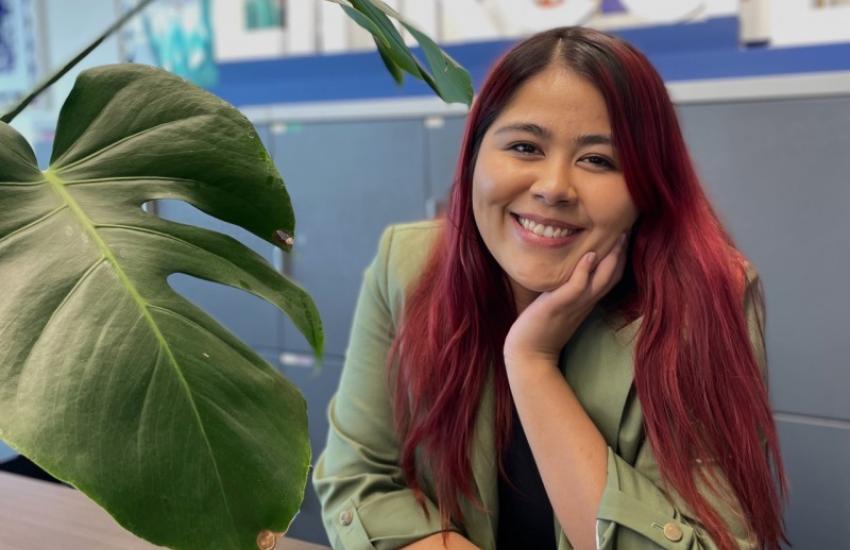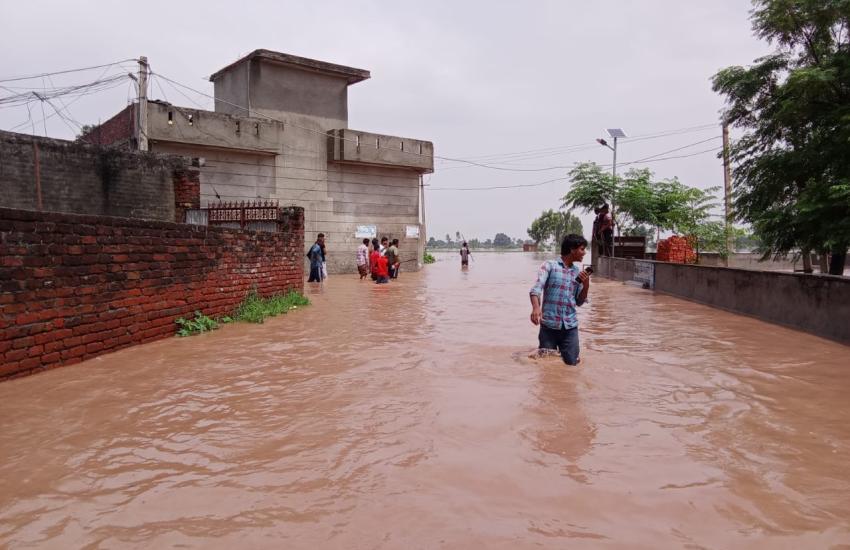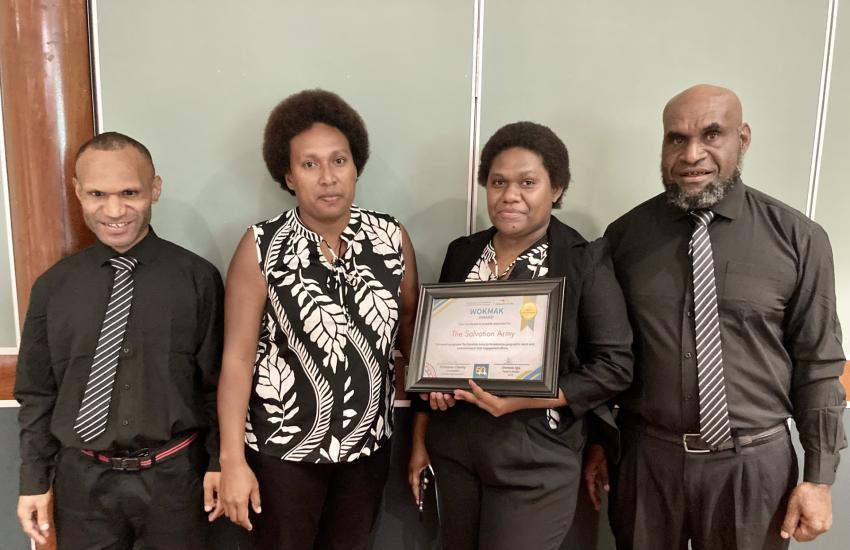THE Salvation Army in Central America is providing assistance to people affected by severe flooding. Heavy rains that started in October have caused more than 90 deaths in the region, with the worst problems in Guatemala, El Salvador, Honduras and Nicaragua. Official data shows that more than half a million people are affected, with at least 100,000 having left their homes in order to stay safe.
According to The Salvation Army's Latin America North Territory the damage to infrastructure and agriculture is massive, with pre-existing poverty in many of these areas making the situation even more difficult. Some communities have not been reached and there is a pressing need for food, shelter and clean water.
In Nicaragua, The Salvation Army is distributing food, clothes, mattresses and blankets to almost 700 people; in El Salvador around 1,000 people have been given food, hygiene articles and medicine. An outpost in Gualache, El Salvador, has become an emergency shelter for 150 displaced people.
Further emergency relief assistance will be provided where needed and as funds become available.
The Salvation Army Responds to Central American Floods
Discover more

The Salvation Army and World Evangelical Alliance call for action on child labour
The Salvation Army has released a joint statement with the World Evangelical Alliance to coincide with the United Nations 60th Session of the Human Rights Council to support the urgent call to end the worst forms of child labour.

Chasing the music
Taylor Swift’s concerts echo spiritual rituals, revealing a deeper longing for connection, identity and unconditional love. This hunger mirrors the eternal fulfilment found in Jesus, whose message transcends fame and fleeting emotion.

Small libraries, big dreams!
Eco-friendly mini libraries are offering meaningful change and connecting hearts and minds across Korea.

Five minutes with... Fernanda Rivera, Mexico
My name is Fernanda Rivera and I live in Mexico City. I work as Youth Engagement Coordinator at the Global Opportunity Youth Network.

Monsoon devastation in Northern India
The Salvation Army responds

The Salvation Army in Papua New Guinea is honoured with inclusivity award
The award recognises The Salvation Army’s extensive geographic reach and inclusive engagement efforts across its programmes.